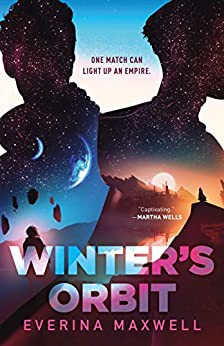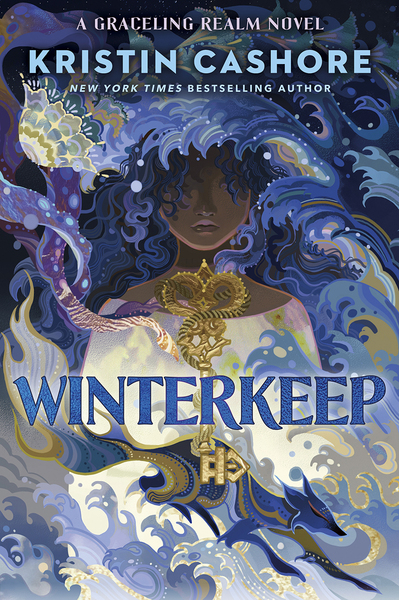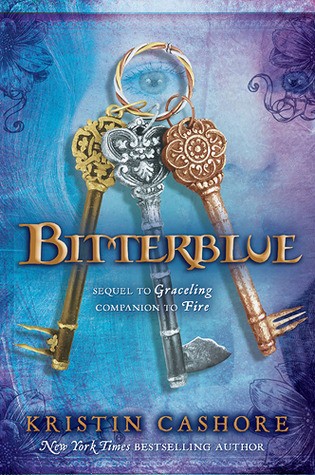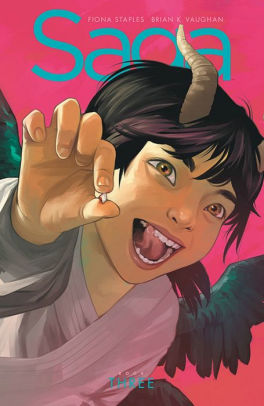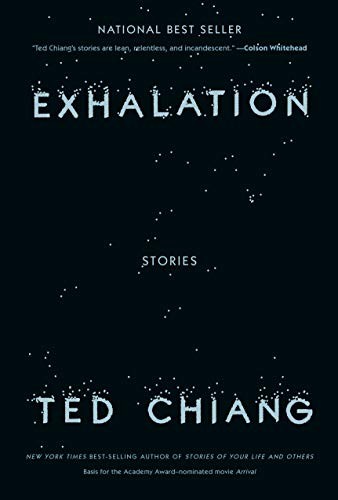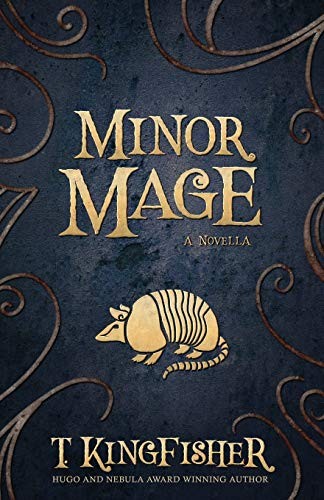Dammit, you big nerds, just kiss already!!
Reviews and Comments
Admin of bookwyrm.cincodenada.com, as you might expect. Endlessly curious engineer; something approaching, say, genderqueer. Third rhyme with dactyl feet: it goes here.
This link opens in a pop-up window
Ell commented on Winter's Orbit by Everina Maxwell
Ell commented on Winter's Orbit by Everina Maxwell
I'm enjoying this book so much, and the stakes are getting higher! Both main characters are naive in their own very believable ways and trying so hard, and I love how those interact, with each other and to drive the plot. And I love both of them, because I am both of them in different ways.
Ell rated Good Omens: 4 stars
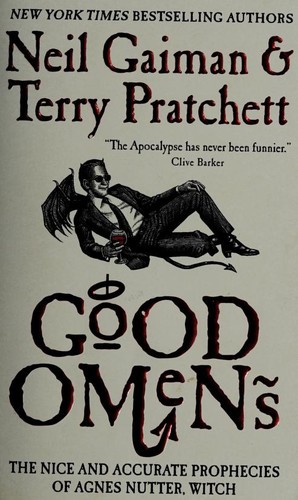
Good Omens by Neil Gaiman, Terry Pratchett
Armageddon only happens once, you know. They don't let you go around again until you get it right.
According to …
Ell commented on Winterkeep by Kristin Cashore
Ell reviewed Bitterblue by Kristin Cashore
Review of 'Bitterblue' on 'Goodreads'
5 stars
These books are so wonderful, and Bitterblue was no exception. All the characters are so alive and thoughtful, and the way characters from previous books were woven into this new tale, growing and deepening while introducing Bitterblue, was wonderful. I cried many times reading this, I love everyone so much. A hugely worthy conclusion to the trilogy, and I can't wait to read the fourth!
Ell rated Clockwork Boys: 4 stars
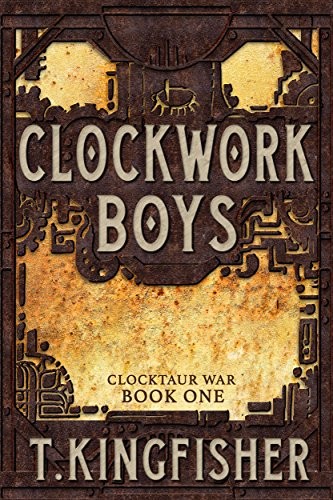
Clockwork Boys by T. Kingfisher (Clocktaur War, #1)
A paladin, an assassin, a forger, and a scholar ride out of town. It’s not the start of a joke, …
Ell rated The Three-Body Problem: 4 stars
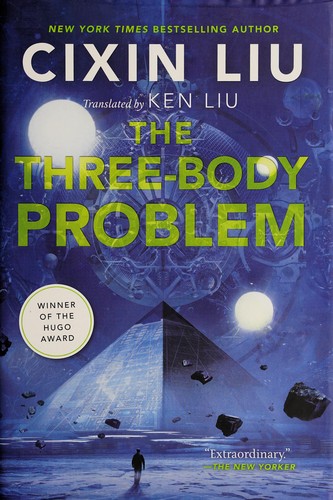
The Three-Body Problem by Cixin Liu (Three-Body Trilogy, #1)
Within the context of the Chinese Cultural Revolution, a military project sends messages to alien worlds. A nearby alien society …
Ell rated Too Like the Lightning: 5 stars
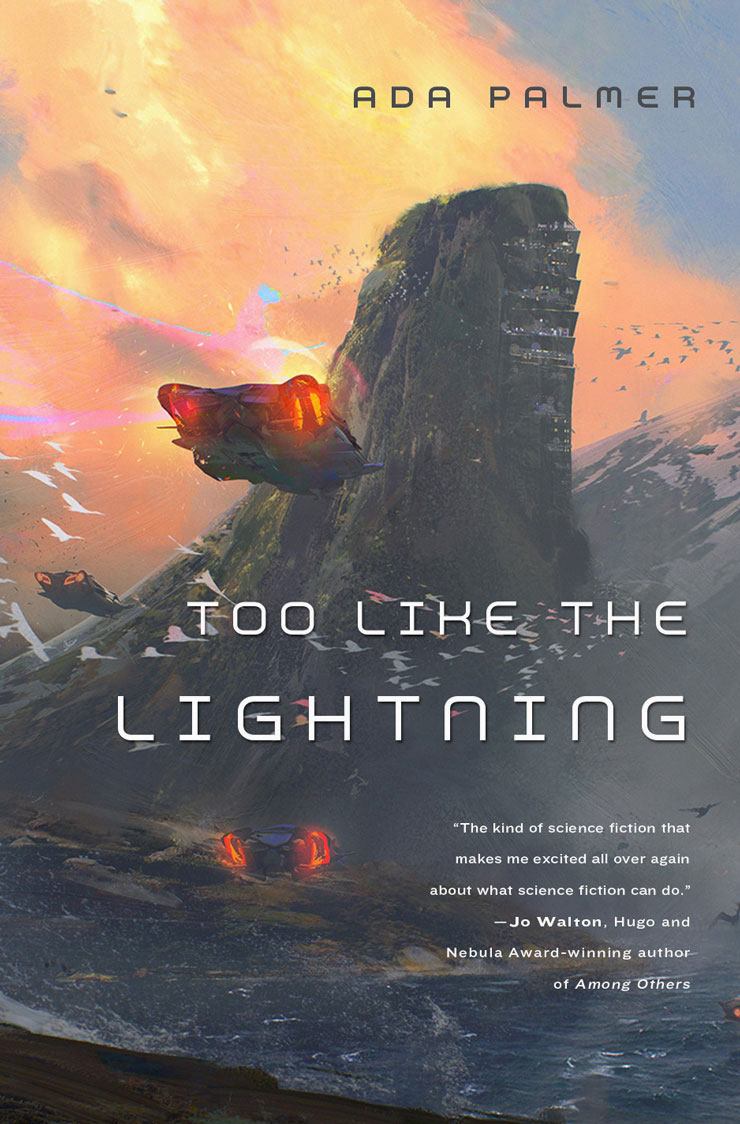
Too Like the Lightning by Ada Palmer (Terra Ignota -- Book 1)
"The world into which Mycroft and Carlyle have been born is as strange to our 21st-century eyes as ours would …
Ell rated Paladin's Grace: 4 stars
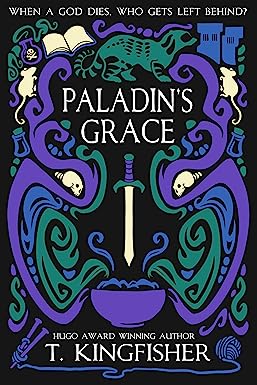
Paladin's Grace by T Kingfisher (duplicate) (Saint of Steel)
Stephen’s god died on the longest day of the year…
Three years later, Stephen is a broken paladin, living only …
Ell rated Feet of Clay: 4 stars
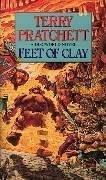
Feet of Clay by Terry Pratchett (Discworld, #19)
Nineteenth in the Discworld universe and third entry of the City Watch series, this novel follows Captain Carrot, Commander Vimes, …
Ell reviewed Saga Book Three by Brian K. Vaughan
Ell reviewed Exhalation by Ted Chiang
Review of 'Exhalation' on 'Goodreads'
4 stars
Some really solid speculative fiction. The good stories are really good (Omphalos, Exhalation, Software Objects, Anxiety), and the collection as a whole was great.
Ell rated The City We Became: 4 stars
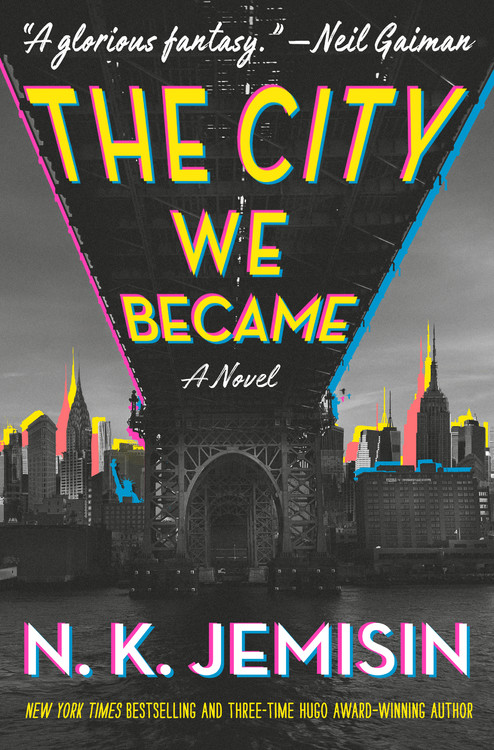
The City We Became by N. K. Jemisin (The Great Cities Duology, #1)
In Manhattan, a young grad student gets off the train and realizes he doesn't remember who he is, where he's …
Ell reviewed Minor Mage by T. Kingfisher
Review of 'Minor Mage' on 'Goodreads'
5 stars
Delightful, thoughtful, and wonderfully written. I adored this tale of a boy and his wise armadillo friend, full of heart and life and sarcastic cingulates. It's a tale of growth, struggling to find your footing in this messy world of morality, and learning to trust advice of those who have your best interests at heart, even as you have to learn things for yourself sometimes too.
Which is why I wholeheartedly agree with the author that it's a kids' book - it's just a kids' book that believes kids are people and treats them like they are. The world needs more kids' books like this one, I think.

